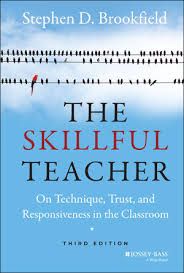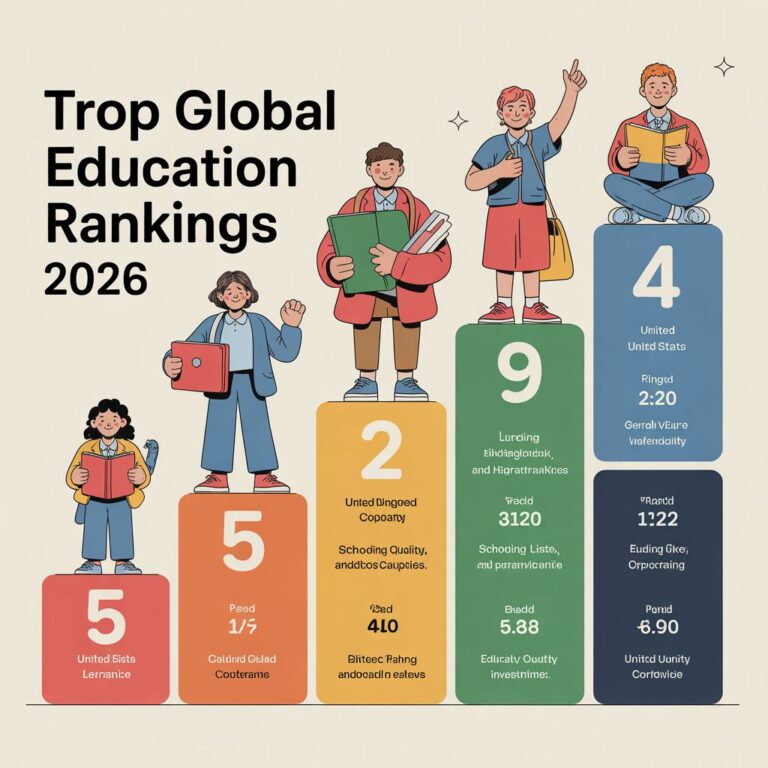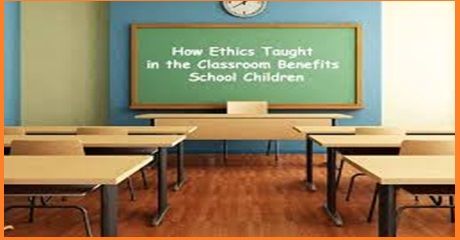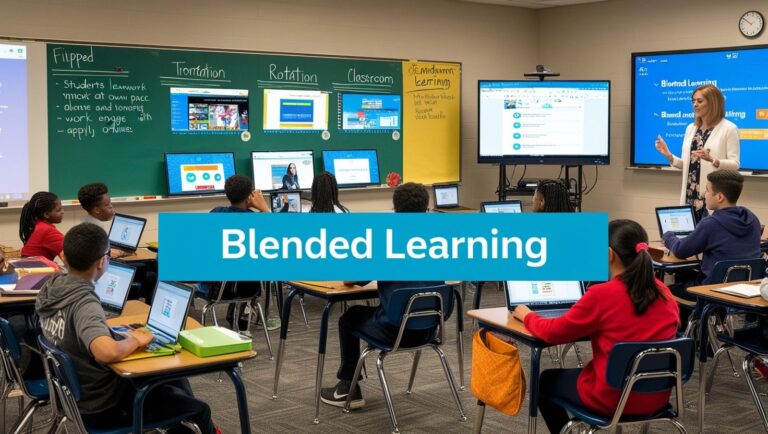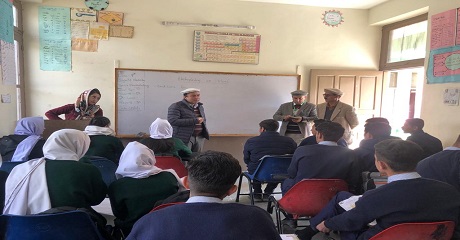Life Skills: A Successful and Balanced Life
Introduction Life Skills: A Successful and Balanced Life, In a rapidly changing world marked by technological advancement, social complexity, and global challenges, academic knowledge alone is no longer sufficient for …
